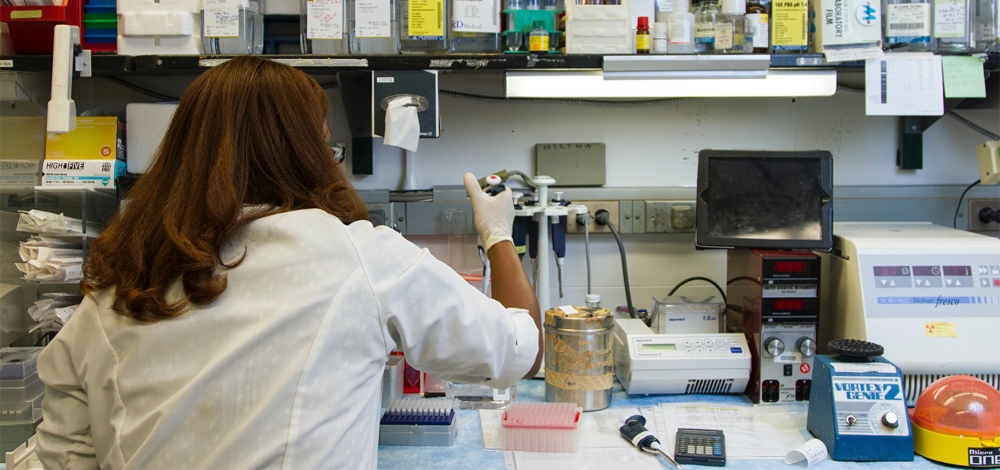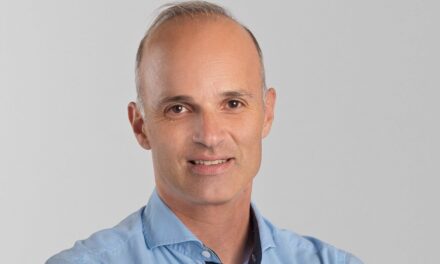The web portal Study in Greece is campaigning for the promotion and international visibility of Greek Universities and the comparative educational advantages of our country. In particular, the campaign focuses on the foreign language study programs that Greek Universities offer to Greek and international students. The initiative is supported by the General Secretariat of Higher Education of the Ministry of Education and Religious Affairs and the General Secretariat for Greeks Abroad and Public Diplomacy of the Ministry for Foreign Affairs. In this context, a number of educational programs and actions are presented in detail on a regular basis, such as undergraduate and postgraduate programs, summer schools etc, to inform international students about the many foreign language options offered by Greek Universities.
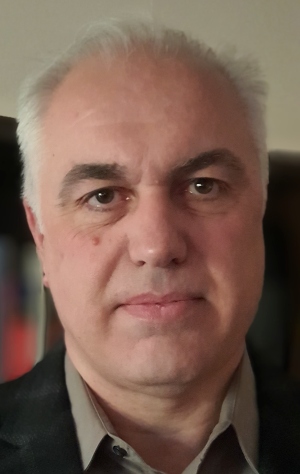
Study in Greece interviewed Associate Professor Ioannis Charalampopoulos, Director of the MSc in Neurosciences offered at the University of Crete (UOC) about the program, its features and what it has to offer to international students.
Ioannis Charalampopoulos is Associate Professor of Pharmacology at the Medical School of the University of Crete, and Researcher at the Institute of Molecular Biology and Biotechnology, Foundation of Research and Technology Greece (FORTH). His research focuses on the investigation of the regenerative capacity of adult nervous system. His studies range from neurotrophin receptors structure-function experiments to pharmacological development of novel ligands for these receptors with neurogenic and regenerative properties.
Mr Charalampopoulos, please present to us in a few words the MSc in Neurosciences offered by the University of Crete.
The understanding of the brain function, revealing the mysteries of consciousness and novel therapeutic interventions to cure neurological diseases like Alzheimer’s and paralysis, is perhaps the most challenging task of the mankind in our days. Thus, the field of Neuroscience aims to provide answers to the aforementioned questions integrating knowledge, principles and tools from multiple scientific disciplines.
The Graduate Program in “Neurosciences” (GPN) began its operation, as the first graduate program in this field, in 1994 at the Medical School of the University of Crete and was reformed twice, in 2002 and 2022. The purpose of its establishment was, and still is, to provide high-level postgraduate education in graduates of life sciences, including medical doctors, pharmacists, biologists and psychologists, in cellular, molecular, cognitive, translational and clinical Neuroscience, leading to a master’s degree. GPN cultivates the ability to perform high impact research in neuroscience and prepares its graduates for doctoral studies. Moreover, the program offers significant skills necessary for in a variety of health science’s employees and prepares students for a successful career in a wide range of professional jobs related to the study and treatment of the nervous system. To date, the Program has trained more than 120 students, while in the running academic year (2022-2023) 14 new postgraduate students are expected to complete their studies.
Program’s duration is 2 years, separated in the first round (1 year), consisting of teaching classes, starting from the basic knowledge of neurophysiology, cellular and molecular neurobiology and neuropharmacology, followed by more specific courses in behavioral sciences, neuropsychopharmacology, developmental and aging neuroscience, as well as practical skills in imaging, bioinformatics, methods and tools in neuroscience. In the second year, students are exposed in research by performing 2 rotations (3 months each) and a 6-month diploma work in labs and clinics of their choice. Upon successful examination in all courses and approval of their diploma work from a 3-membered committee, students fulfill the necessary preconditions for obtaining the Master Degree in Neurosciences.
The program accepts new students every 2 years starting in October, after the announcement on previous April-May. Students who have completed (or expected to complete their undergraduate studies till late September) are encouraged to submit their CVs, detailed course transcripts and diplomas, as well as 2 recommendation letters. The selection process also includes a personal interview from the Selection Committee. Native and foreign students are accepted. The number of accepted students is usually around 15 students.
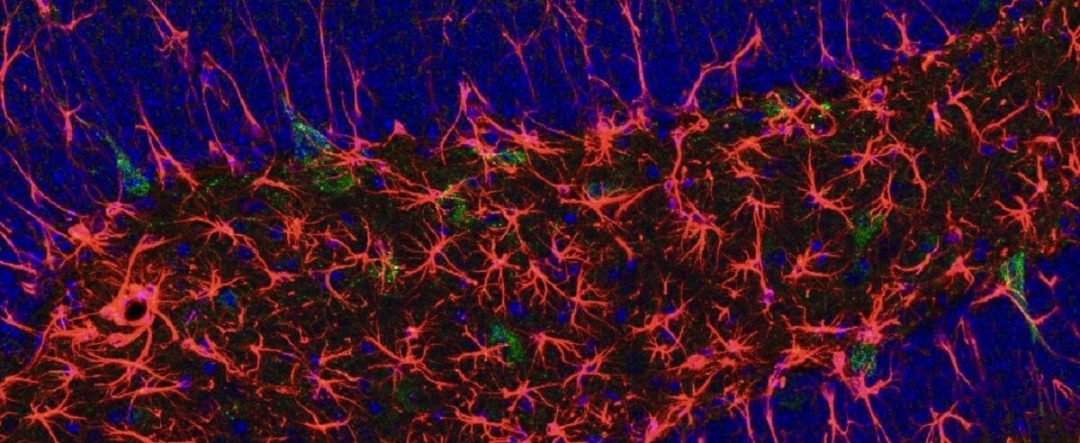
Please tell us about the collaboration with the Institute of Molecular Biology and Biotechnology of the Foundation for Research and Technology Hellas (IMBB-FORTH).
Through the two-year, full-time attendance of the program, the students receive specialized theoretical knowledge, but they are also having the opportunity for performing research in the participating Laboratories and Clinics of the Program, at the University of Crete (School of Medicine, Schools of Biology and Psychology), at the Foundation of Technology and Research (FORTH). FORTH is closely related, not only in the sense of proximity, but mostly due to its sharing facilities, multidisciplinary research and common research personnel with the University. Many members of the GPN are both UoC professors and FORTH researchers, thus they offer multiple options for their students. In addition, GPN has also established strong collaboration with other Institutes and Universities of the country (University of Athens, Aristotle Univ.,) and abroad (Karolinska Institute-Sweden, Cambridge Univ.-United Kingdom, University of Dresden-Germany, etc.).
Given that the program is taught in English, please tell us why an international student should choose it among others in the field of Medicine?
The program is supported from more than 40 professors and researchers, administration staff and other personnel. The faculty members of the program represent all neuroscience sub-fields supported by the program and including cellular and molecular neuroscience, neurophysiology, neuropharmacology, computational neuroscience, neuropsychology and clinical neuroscience. All members of the program have been evaluated for their academic performance from the existing members of the program, in order to ensure high quality of the training personnel. The Steering Committee (5 members) supervises and organizes the details of the program, while each member of the program provides help and support to every student in a daily base manner. Our program is member of EURON, a European network of graduate programs in Neuroscience, while it strongly supports and pursues new collaborations.
Our extensive experience from the more than 20 years of operation of the Neuroscience Program, its continuous evaluation from students and members, the sustained and increasing interest from new students, as well as the follow up of our students upon completion of their studies, have established our program as one of the first choices for graduate studies in Greece.
All the aforementioned characteristics and standards of the GPN support its unique role on the education of neurosciences in Greece, eventually ranking it among the best graduate programs in biomedical studies and perhaps the best in cellular and molecular neurosciences.
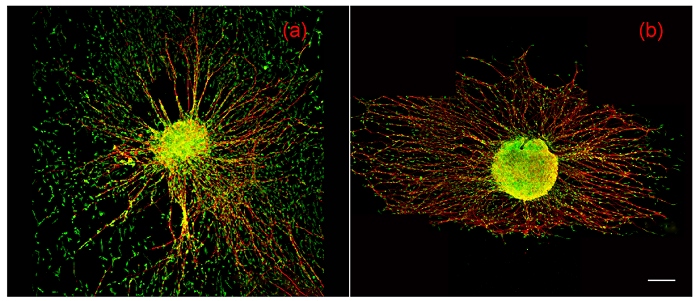
What future prospects are opened up for graduate students who would like to continue their careers as researchers?
The recently reformed program has been expanded in more scientific areas of the Neuroscience field, integrating bioinformatics, -omics and human studies, along with new researchers that have joined the program. In this way, the program welcomes students with background in life (medical doctors, biologists, pharmacists, chemists, etc.), social (psychologists) but also engineering sciences, aiming to provide all the necessary knowledge and practical, soft skills for a successful career as experts in the Neuroscience field.
The majority of GPN students have continued their research work at a PhD level, in UoC or FORTH laboratories, but also in universities and institutes abroad (Karolinska Institute, TU Dresden, King’s College, UCL, etc). Many of them have been already independent researchers and group leaders and professors. Based on the extroversion of our graduate program and the theoretical and practical skills that we provide to our students, but most importantly through the scientific inspiration and the research culture, we prepare them very efficiently for an career in Academia or as leaders in the Biopharmaceutical industry, or even as entrepreneurships in their own start-up companies.
What do the city of Heraklion and the island of Crete in general have to offer to an international student?
The island of Crete is a unique destination in the Mediterranean area and offers high standards of living in a sunny and warm place. Full communication with all parts of Greece and many cities in Europe is supported since there are excellent traveling capabilities, both by air (at least 5 flights every day for Athens International Airport) and sea (two ships are travelling every day from Heraklion to Piraeus, offering comfortable, low price travel). Heraklion is a modern city, with many places for cultural visits (museum, Knossos, etc) and high standards of living. Crete is the biggest island in Greece and offers many places for vacations, even for daily trips.
The academic environment is also unique, since many academic and research institutes are located nearby (the Medical School, Bioloy and Chemistry Depts and FORTH are located in less than 1Km distance), offering many opportunities for collaboration and enhancing the scientific interactions with common seminars, workshops etc. Heraklion and Crete are ideal locations for summer schools, national and international conferences and workshops, and many European and US societies are organizing their activities on the island.
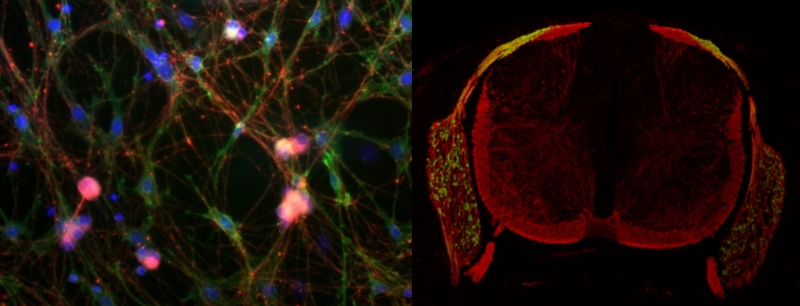
Tell us a few things about the University of Crete – its history, its spirit, etc. and its efforts to adapt to the world of contemporary innovation, research and extroversion.
The University of Crete stands out as one of the high-ranked research organizations in Greece, especially in Life Sciences’ research, and provides all the necessary facilities, both for studying and research. The majority of its graduate students have remained in academic research environments, conducting PhD studies in Greek but also European Universities and Institutes, indicating the dedicated to science spirit of the University and his strong will to support and expand its scientific role as a priority choice. The significant research oriented tradition of the University, based on the vision of its founders like Professor Fotis Kafatos and others, the quality and the diversity of its professors and researchers, as well as it analytical and multidisciplinary curriculum guarantees state-of-the-art studies for the next years too.
Anyone interested in more details and personal contact could obtain all the necessary information at the following website: https://www.neurosciences.med.uoc.gr/ or directly contact the Program Secretariat Ms. Tseni Dokoumetzidis at postgradsecr@med.uoc. gr.
Please note that the MSc in Neurosciences is now accepting applications for the next academic year and the deadline is on June 9th. Read also via Greek News Agenda: FORTH, the Foundation for Research and Technology in the island of Crete; Study in Greece Master’s of the Week: Professor Spiros Efthimiopoulos presents the Athens International Master’s Program in Neurosciences, NKUA

